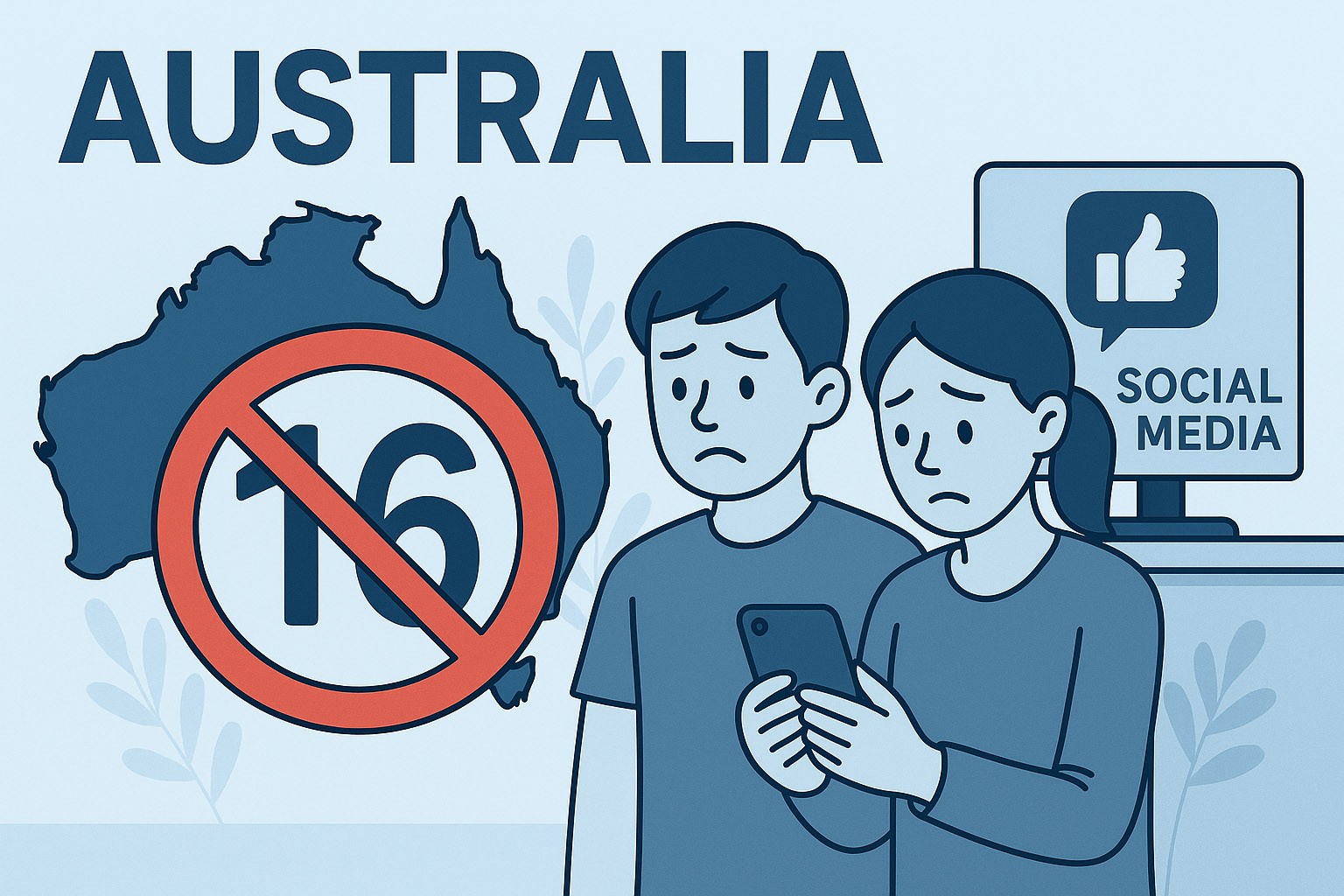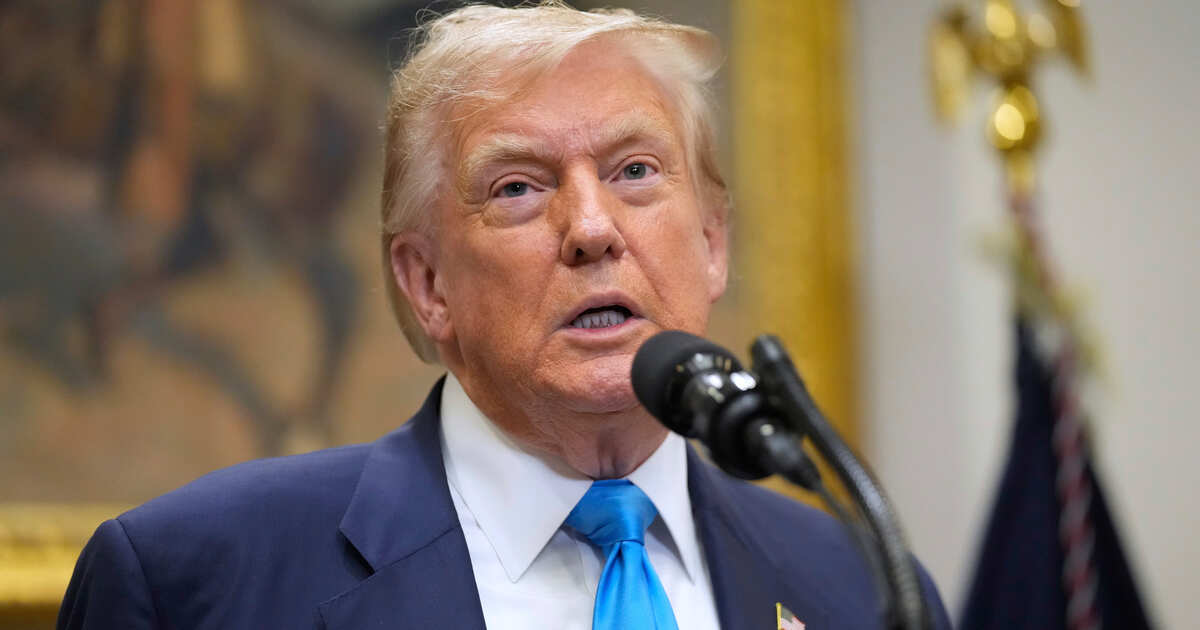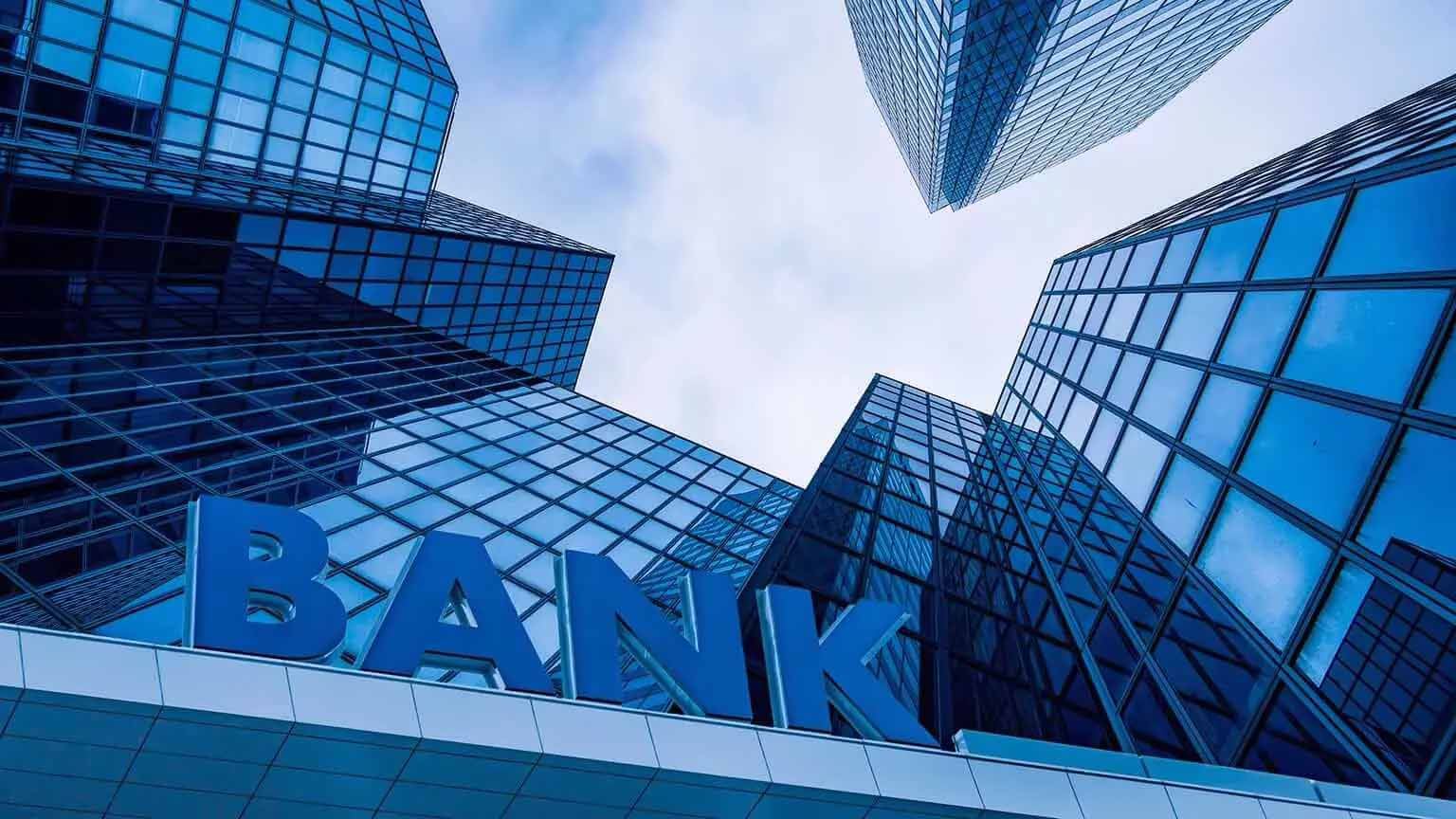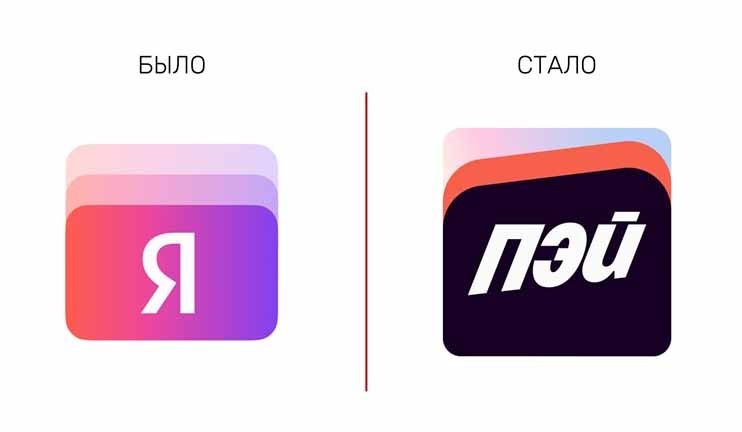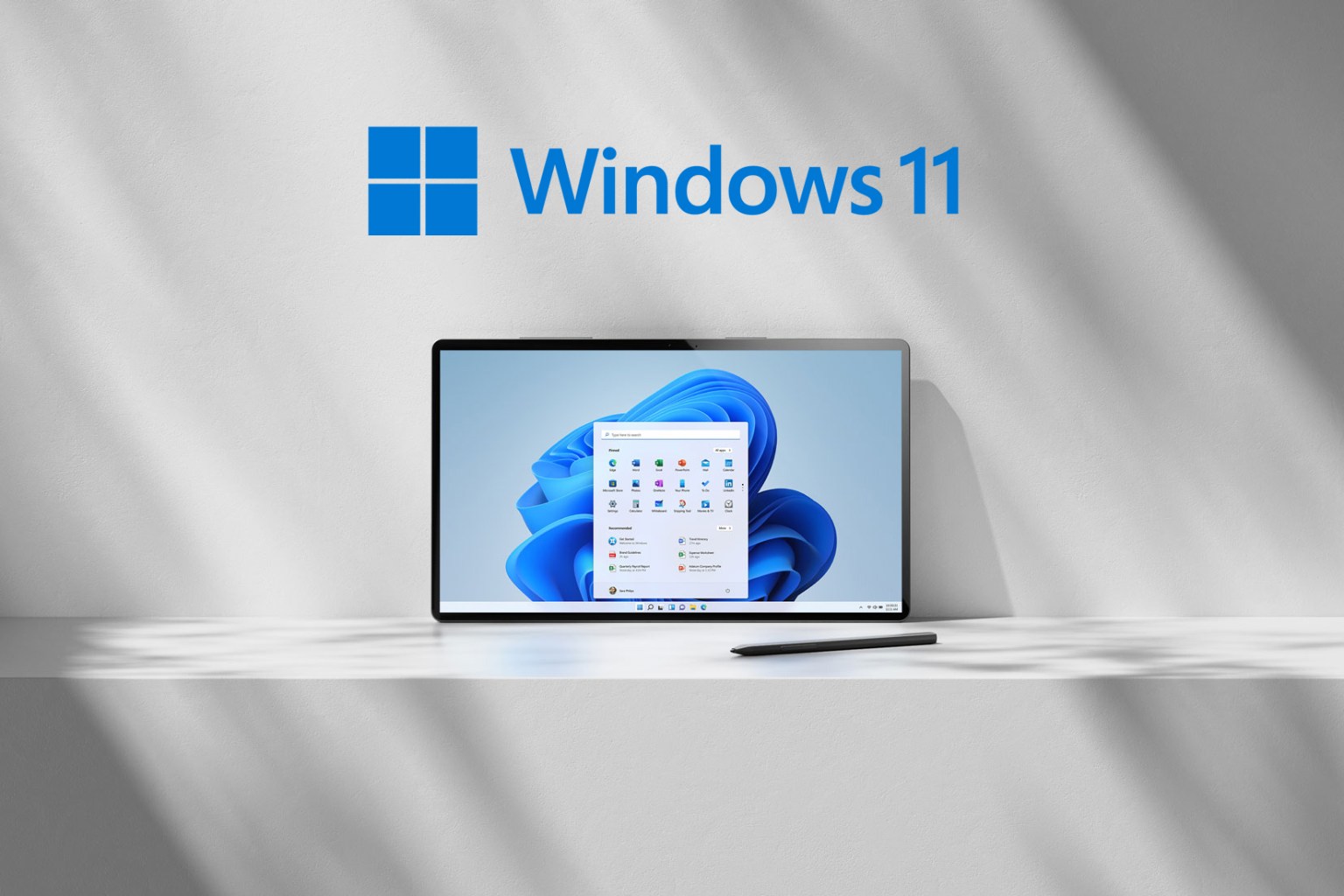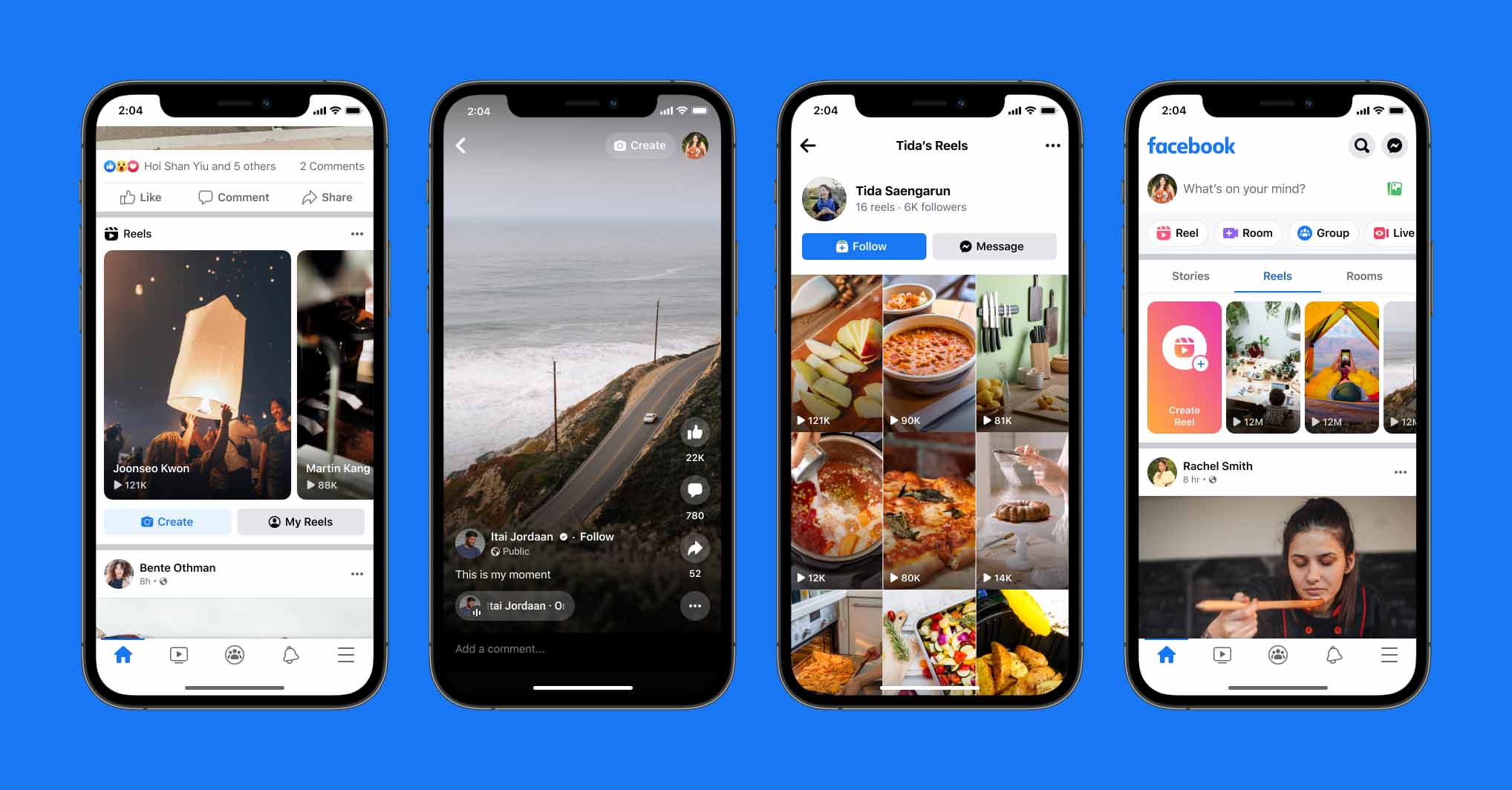The Trump Organization has filed a lawsuit against a number of online sellers, accusing them of selling counterfeit products with symbols associated with the name of Donald Trump. The subject of the investigation was counterfeit branded products distributed through the world's leading online e-commerce platforms.
Official documents indicate that the defendants sell goods-from T-shirts and baseball caps to mugs-using registered trademarks without obtaining a license or permission from the copyright holder. At the same time, it is claimed that the quality of these products does not correspond to the original products of the Trump Organization, which damages the brand's reputation and misleads consumers.
The company insists on the need to ban the use of its trademarks and requires the courts to oblige marketplaces to remove suspicious products from the platforms, as well as close the accounts of the relevant sellers. A request was also made to classify the list of defendants in order to prevent possible pressure or evasion of responsibility.
Earlier it was reported about a surge of interest in products with Trump symbols. Sellers became especially active after the aggravation of the political agenda in the United States. Some entrepreneurs tried to take advantage of the situation by offering not only traditional attributes like flags and "Trump 2028" inscriptions, but also non — trivial goods-calendars, souvenir toilet paper and greeting cards.
The online retail industry in the United States remains one of the fastest growing, and major e-commerce platforms provide millions of third-party sellers with the opportunity to enter the market. However, this also creates risks associated with the growing number of unlicensed products. Despite efforts to combat counterfeiting, the problem remains urgent and requires stricter regulation both on the part of platforms and at the level of legislation.
The Trump brand, which is used to promote products in various categories — from clothing to electronics — remains highly competitive and attracts strong interest from consumers, which makes it particularly vulnerable to counterfeiting and unfair competition.



